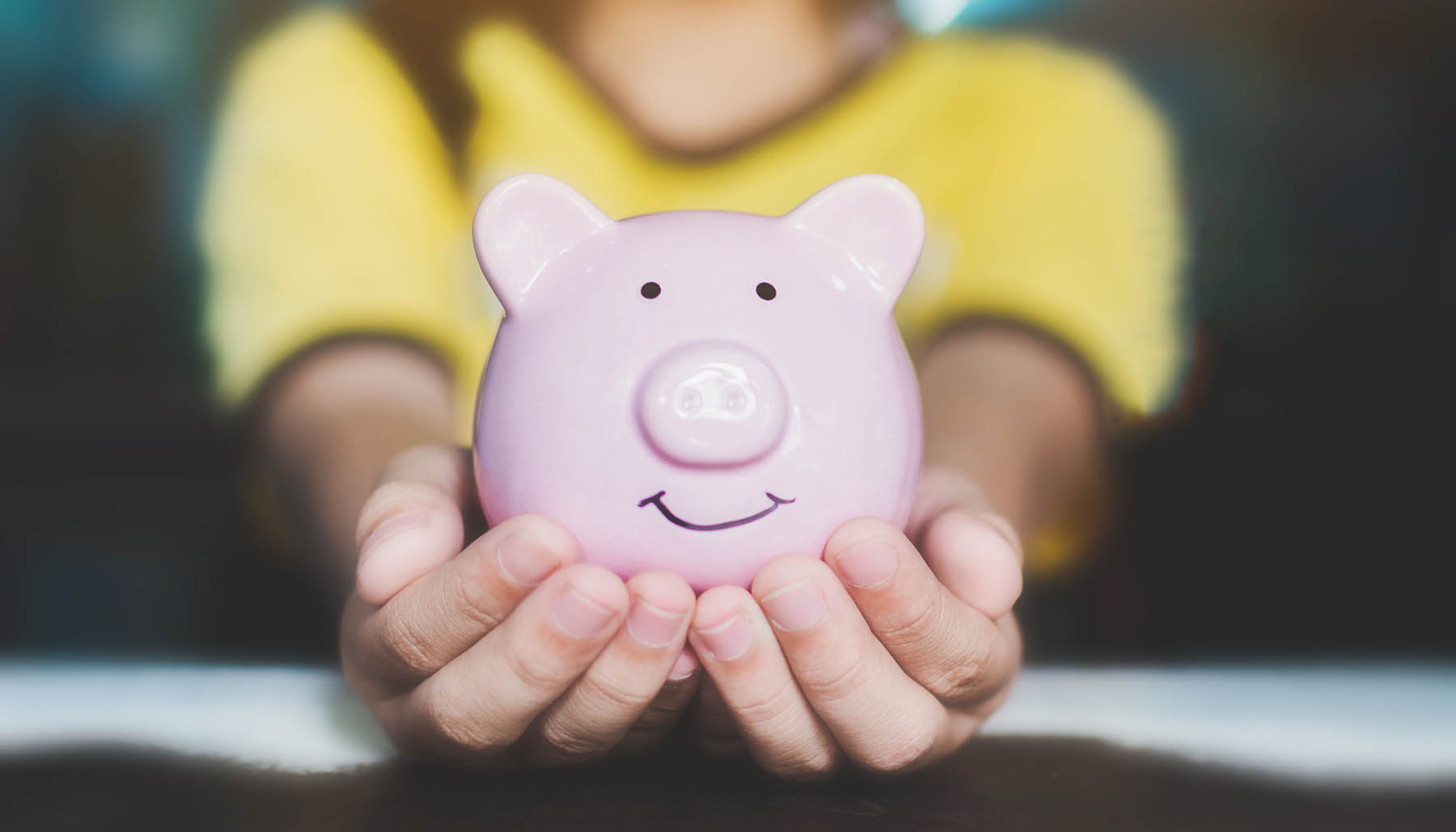Does budget sound like a dirty word to you? If you dread budgeting or feel like it just doesn’t work for you, then I have good news. It’s not you–but it might be your budgeting technique. Grab a pen and paper, and let’s figure out where your money is going.

Get Real About Your Spending
Budgeting requires the kind of honesty and transparency that most of us would rather avoid. Taking a good, hard look at where your money goes each month might reveal more about yourself than you’d like to admit. Too many of us jot down our bills each month and call that a budget. However, it’s those sneaky little expenditures that add up and tank your savings goals every time. They might even have you calling loved ones to help you make rent at the end of the month.
It’s time to grow up, friend, and manage your money. First, commit to tracking every single purchase for an entire month. Don’t try to be “good.” Spend as you normally would, but make a note of what you bought. I like to use an Excel spreadsheet for this, but you can jot down the information on your phone or in a notebook. Write down the amount, the date, and what you bought. As a bonus, you could also note why you bought it or how you were feeling at the time. At this stage, you’re just gathering information. But next, you’ll need to look at the big picture.

At the end of the month, total your overall spending. Then break it down into categories. How much money did you spend on bills and groceries? What about entertainment and dining out? You’ll probably be surprised and maybe even shocked by some of your spending habits. For many of us, there’s a dollar cutoff below which we don’t really think of purchases as costing money. It might be five dollars or even twenty dollars, depending on your financial situation, but make enough of those purchases and you’ll start to feel the financial crunch.
At this point, you’ll be able to see where you can cut back. Unless you have significant debt, pay your savings account first, then pay all your bills. However, if you have high-interest loans, prioritize paying those off first. After that, it’s up to you how you want to divvy up your money. However, it can be really useful to think about your dreams and goals. Will your current spending habits get you closer to them or hold you back?
Be Generous With Yourself
Most hardcore, all-or-nothing diets fail–sometimes within days (or hours) of starting them. Hello, all my failed attempts at a Whole30! Why is this the case? Because following a very strict program that radically changes your behavior overnight is tough no matter what you’re trying to achieve.

If you make an overly ambitious budget that cuts out all the “fun money,” you’re doomed to fail sooner or later. And once you do slip up, you’re more likely to go overboard with spending. After all, your budget is already broken. You might as well go ahead and splurge.
While you should still make paying bills and saving for the future your top priorities, don’t forget to build in a little treat for yourself. Even if your budget only allows a fancy coffee once a week, budgeting for that non-essential expenditure can make it more likely you will stick to the overall plan.













